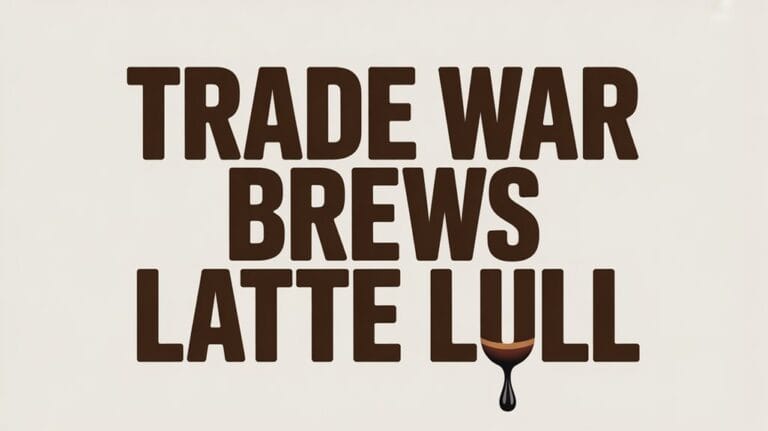Growing anger over U.S. tariffs fuels calls across India to shun American chains like Starbucks, Domino’s, and McDonald’s, putting the spotlight on their booming stores in the world’s largest consumer market.
Indian leaders blame Trump-era duties of up to 50 percent for hurting local exporters. They’re urging shoppers to drop U.S. names and pick Indian brands instead. Posts on WhatsApp, where over 500 million Indians chat daily, echo the rally cry: “Skip Starbucks, drink Indian.” This clash of feelings is shaking the coffee market as chai startups gain shares once grabbed by fancy lattes.
Leaders slam 50 % Trump tariffs, push WhatsApp chant: Skip Starbucks, sip home-grown chai.
Signs of changing consumer sentiment appear in Mumbai and Delhi. Lines at Starbucks have shortened at some branches, while new stalls selling filter coffee report brisk sales. Official numbers are thin, but managers at three Starbucks shops in south Mumbai confirm quieter rush hours since boycott talk spread earlier this month. Bharatiya Janata-linked activists are visiting campuses near these cafes to hand out leaflets promoting Indian coffee chains like Café Coffee Day.
The chain runs roughly 400 cafes across India, many near college campuses that love free Wi-Fi and frappuccinos. Whether that crowd stays loyal now depends on how strongly nationalist winds blow.
Domino’s, locally the biggest pizza network with about 1,900 stores, keeps quiet on footfall. Still, insiders admit extra coupons online aimed to counter the anti-U.S. mood. McDonald’s, which runs about 400 restaurants through two local partners, has posted fresh ads pushing local items such as McAloo Tikki to keep plates turning.
Financial data show why brands worry. India’s trade gap with the United States widened to $45.8 billion last year, up six percent. Business leaders say buying Indian enhances farmers and startups, cutting money that now flows abroad.
Grocery shelves still hold Coke, Pepsi, Apple phones, and Amazon boxes yet shoppers post photos of home-grown Thums Up over Coke on Facebook. In WhatsApp forward chains, images listing Indian snacks, soaps and sodas as patriotic substitutes are circulating among families.
No clear sales crash has struck Starbucks or peers so far. But the boycott’s chatter travels faster than earlier protests. If the push widens, U.S. chains may need sharper discounts or deeper local ties to stay loved amid fresh calls to put nation before mocha.

